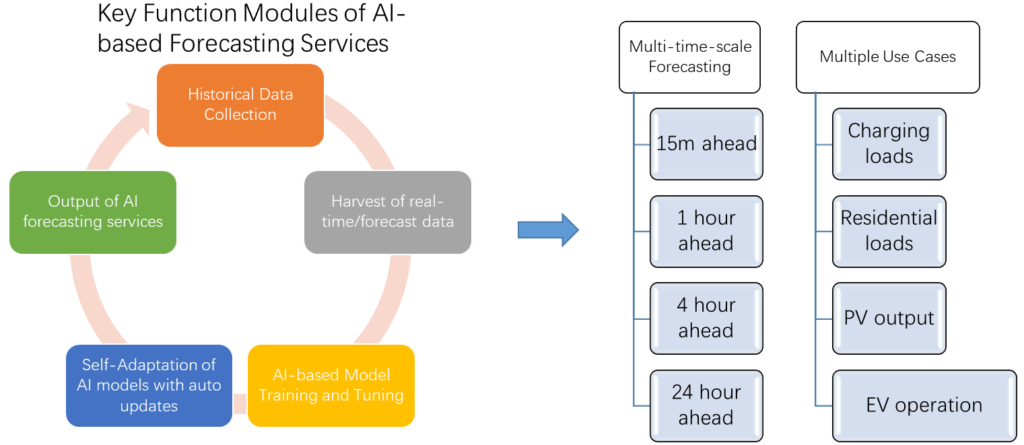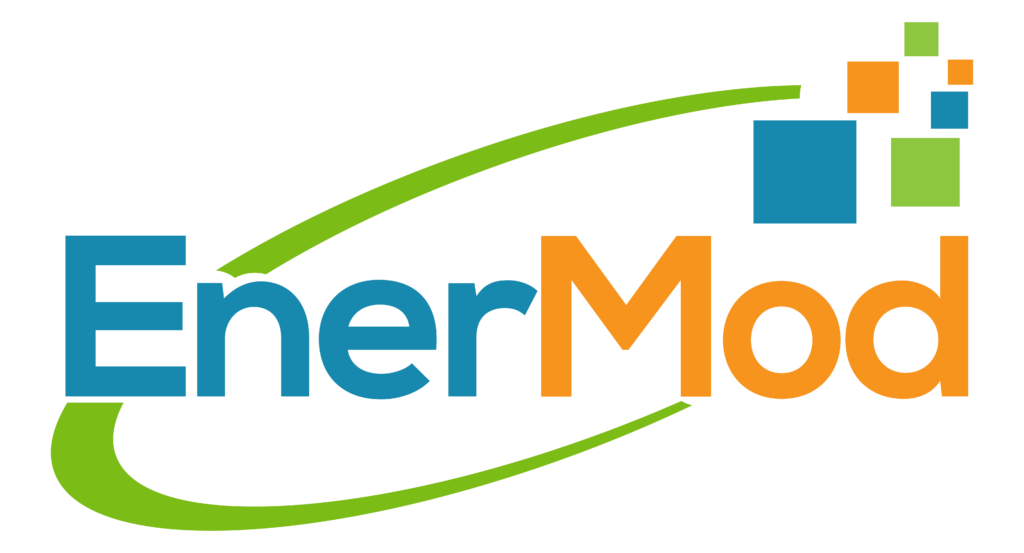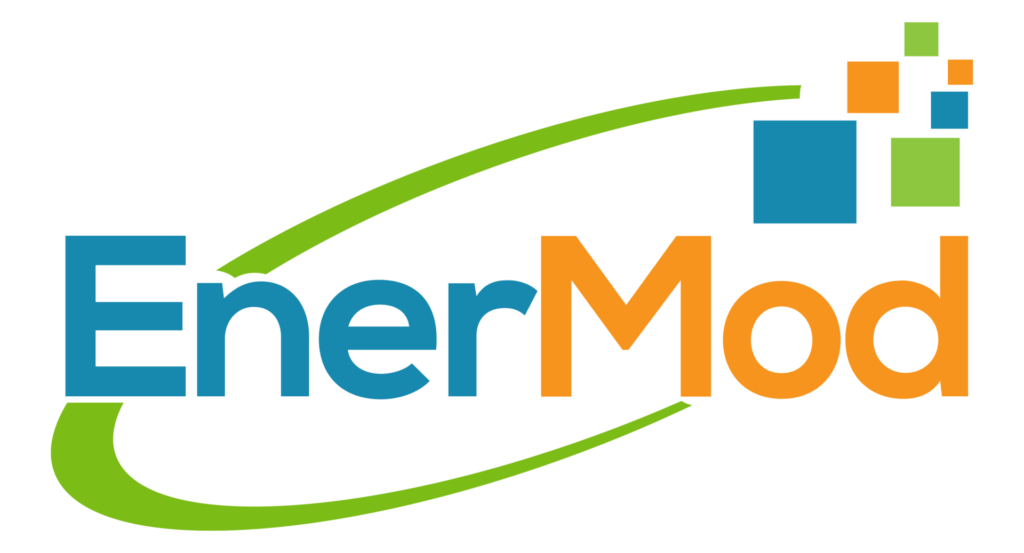Technologies
EnerMod’s technical strength exists in its cutting edge computing technologies and energy storage know-how, on top of the team’s more than six decades experience in power system planning, controls and operations.
Microservices-based real-time control software
EnerMod’s DR ioc software is designed to be a distributed energy system’s on-site command center, directing and supervising the real-time operation of the system’s components for maximum reliability and economics. For the capability to evolve with the developing standards, requirements and market opportunities with DERs, DR ioc has adopted a microservices-based software architecture, which makes the update or addition of any function modules/microservices much decoupled with others. The software is specifically optimized in its interaction with the physical layer and between microservices for real-time performance and reliability.


AI-based forecasting engine
Artificial intelligence (AI) powered comprehensive forecasting engine can provide services for multiple temporal-spatial scales serving various types of business needs. The key use cases include forecasting of site/regional EV charging loads, residential loads, PV output, economic indices of energy and ancillary services in a power market, etc. The key function modules of the AI-based forecasting engine include: 1) historical data collection, 2) harvest of real-time/forecast data, 3) AI model training and tuning, 4) self-adaptation of AI models with auto updates, and 5) forecast output. The core functions provided by our AI-powered forecasting engine has strong ability of self-adaptation and easy to transfer, which can be installed and deployed at edge controllers of site energy management system (e.g., DR ioc) as well as cloud-based energy interconnection platform (e.g., DR cloud).
The advanced AI algorithms adopted by the forecasting engine include deep neural network (DNN), long-short-memory-network (LSTM), convolutional neural network (CNN), support vector machine (SVM), etc. Targeting at various applications, the AI-based forecasting center provides architecture of supervised learning models, collects massive historical/real-time data (geographical information, weather data, market data, etc.) to create training/testing sets with effective data features, and mines the underlying relationship and correlations among various types of features, for training and improving forecast accuracy.
Regressive system parameter estimation for voltage control
Variation of PV output or charge/discharge power of battery storage can sometimes cause unacceptable voltage fluctuations in a distributed energy system (DES). DR ioc can adjust the real and reactive power of PV and storage power conversion systems (PCS) to maintain the voltage of the DES within a specified range, while achieving the optimium economy of the system. DR ioc perofrms regressive system parameter estimation to follow the dynamically changing circuit equivalents for fast and accurate voltage control on load buses, assuring power supply quality by the DES.


Big data analytics for multi-dimensional battery health evaluation
A core issue with the safety and reliability of battery storage and EV charging management has been the estimation of battery capacity when fully charged relative to its original value, or the battery’s state of health (SOH). The SOH calculation is usually inaccurate inside the battery management system (BMS) due to its limited computation capability and memories. EnerMod’s DR ioc and DR cloud software work together to accumulate a comprehensive battery charging history by communication with BMS. This historical data is used to build battery models including electrical equivalents, thermal equivalents, cell consistency indices, and deterioration indices, which can more accurately calculate the SOH of the battery to reduce risks of overcharging and overheating the batery.
Hybrid multi-bojective optimization with genetic algorithms and linear programming
Optimal dispatch of storage, managed EV charging and other intelligent loads in a distributed energy system (DES) is a complicated non-linear problem, when considering the dispatch cost from battery capacity loss, system losses, compensation for delayed charging, etc. DR ioc software applies genetic algorithms to find a group of optimal solutions to the schedules of storage and EV operations, as well as managed loads, and then uses these solutions as the starting points for linear programming to reach the one solution that best approximates the global optimum. The algorithm is more robust to accommodate the diversified cost models of DERs compared to purely analytical optimization methods.


